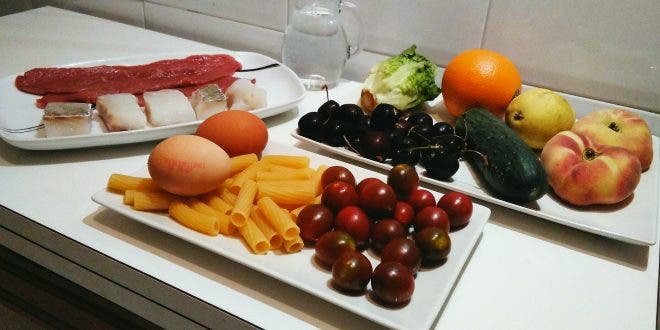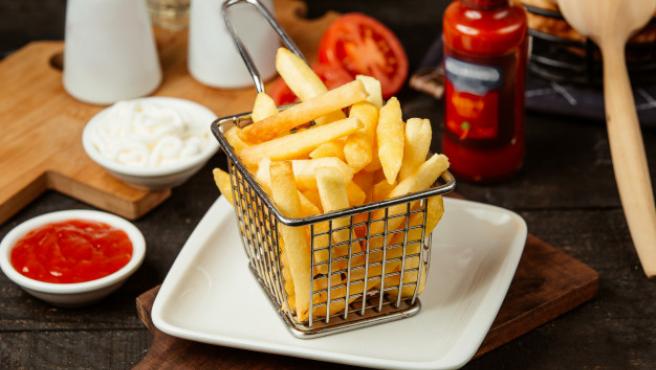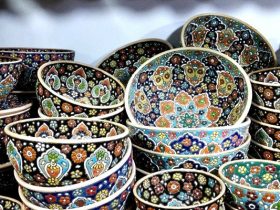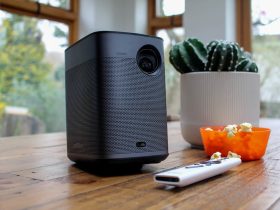No products in the cart.

Hoaxes and myths about food fill misinformation on the Internet. Some are harmless, but others can pose serious dangers to our health. Beatriz Robles, a graduate in Food Science and Technology and a graduate in Human Nutrition and Dietetics, presents “Eat safely, eating everything” (Planet), a basic guide on nutrition. She is also the author of the I Guide to Food Hoaxes of the #SaludSinBulos initiative. EFESALUD has spoken with her to delve into the food hoaxes that circulate on the network
False beliefs and food hoaxes are very common on the Internet. Some of them seem harmless, but others can cause serious health consequences.
Beatriz Robles Eat safe eating everything (Planet). A guide against bad habits and false beliefs about food. In addition, she collaborates in the #SaludSinBulos initiative and is one of the authors of the First Guide to Food Hoaxes.
“Hoaxes can have many origins. Some are beliefs that we dragged along for years and no matter how much they are denied, they remain in our ideology. Others are motivated by an interest and others are manufactured to create misinformation ”, explains the nutritionist about their origin. Many factors and interests converge in its creation.
For the expert, the objective of these hoaxes is clear: to condition our food choices. “At the moment that we do not have access to information or that we have too much, but it is not of good quality, our food choices are not free,” she indicates.
Some of the most widespread hoaxes have to do with the consumption of organic food, the excessive use of additives or the administration of antibiotics in raising animals for human consumption. “If a product contains a lot of additives, the problem will be the product as a whole and not the additives,” exemplifies the author.
Some recommendations
To avoid falling into false information, Beatriz Robles proposes a series of guidelines to search for reliable information about food on the Internet.
Have your own criteria to differentiate good and bad information
Look at the origin of the information
Pay attention to headlines that may not correspond to the content
Bear in mind that not all scientific studies of the information can be extrapolated to humans
Robles insists that hoaxes can affect a lot of people and become massive. “As a food professional I can give some guidelines to know where to go, but it is essential that we are all alert and that we have our own filters,” explains the food technologist. Therefore, it is essential to develop critical thinking that helps us distinguish them.
The consequences of this false information affect both the health and the economy of the population. “There are times when we opt for products that we believe may have added value and, therefore, are more expensive. Then it turns out that from a nutritional point of view they can be worse, ”she warns.
Food hoaxes also create a context in which it is not differentiated which product is healthy and which is not. Although a large part of the population knows the basic guidelines of a healthy diet, these are diluted among many other messages. “If our diet is conditioned by this information, non-communicable diseases such as obesity, diabetes or cardiovascular diseases can develop,” says the specialist.
Eat safe eating everything
Eat safe eating everything is in the words of the author of it “a guide with very clear and basic guidelines for our home.” In this post, she offers tips to avoid common kitchen mistakes and reduce food risks.
“At first it seems overwhelming, but then you make it part of your routine and it greatly improves the safety of what we eat,” says the author.
Beatriz Robles also collaborates with #SaludSinBulos. An initiative of the COM Salud agency and the Association of eHealth Researchers to combat hoaxes and misinformation about health on the Internet.
She, together with Gemma del Caño and Pablo Ojeda, have published the First Guide to Hoars in Food. In it, some of the false beliefs rooted in our society about food are collected and demystified. “We try to be a reliable place to look for that health information that ends up affecting us all,” says Beatriz Robles.
What’s your reaction?
Love0
Sad0
Happy0
Sleepy0
Angry0
Dead0
Wink0









